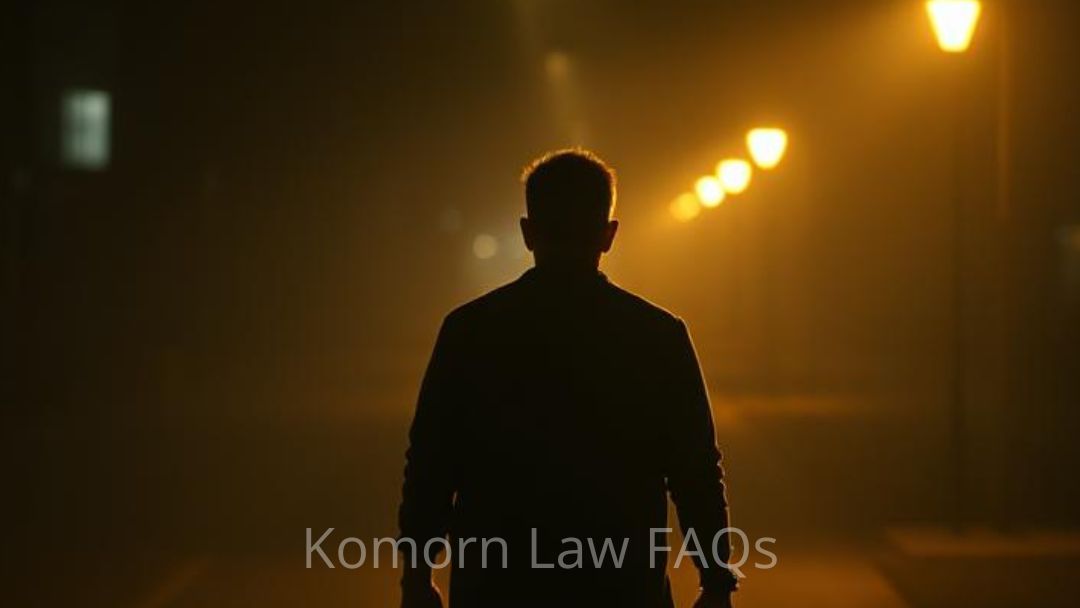What are Miranda Rights?
Miranda Rights, also known as the Miranda warning, are the rights given to people in the United States upon arrest.
“You have the right to remain silent. Anything you say can and will be used against you in a court of law…” These rights stem from a 1966 Supreme Court case: Miranda v. Arizona 1.
Here’s the backstory: In 1963, Ernesto Miranda, a 24-year-old with a police record, was accused of kidnapping, raping, and robbing an 18-year-old woman in Phoenix, Arizona. During a two-hour interrogation, Miranda confessed to the crimes. However, his lawyers argued that he hadn’t been clearly informed of his rights to have a lawyer and against self-incrimination.
The court agreed, and the Miranda Rights were born. Now, when law enforcement detains suspects, they must recite these rights to ensure awareness of the right to an attorney and the right against self-incrimination. It forever changed U.S. criminal procedure, emphasizing fairness and protecting individuals’ rights.
At what point do the police have to read me my miranda rights?
Police must read you your Miranda rights as soon as they plan to interrogate you while you are in custody. Being in custody means that you are not free to leave at any point that you wish.
If you are free to leave or not in custody, police do not need to read you your rights before asking you questions. Remember, these rights protect your right to remain silent and have an attorney present during questioning.
One notable case involving Miranda Rights is Missouri v. Seibert. Here’s what happened:
Background: Respondent Seibert was arrested after her son, afflicted with cerebral palsy, died in a fire. She was present when her sons and friends discussed burning their mobile home to conceal the circumstances of her son’s death.
An unrelated mentally ill 18-year-old named Donald was left to die in the fire. The police arrested Seibert but did not read her Miranda rights initially.
The Interrogation: At the police station, Officer Hanrahan questioned Seibert for 30 to 40 minutes without providing Miranda warnings. He obtained a confession related to the plan for Donald to die in the fire. After a 20-minute break, Hanrahan returned, gave her the Miranda warnings, and obtained a signed waiver. He then resumed questioning, confronting Seibert with her pre-warning statements.
Legal Outcome: Seibert moved to suppress both her pre-warning and post-warning statements. The District Court admitted the post-warning statement but suppressed the pre-warning one. Seibert was convicted of second-degree murder. The Missouri Court of Appeals affirmed the decision.
Supreme Court Ruling: The U.S. Supreme Court affirmed the decision. Justice Souter concluded that Seibert’s post-warning statements were inadmissible because the midstream recitation of warnings after interrogation and an unwarned confession couldn’t comply with Miranda’s constitutional warning requirement.
What the Miranda Rule means in one long sentence: This rule states before you are interrogated or you’re questioned by police, they have to read you your miranda rights only if you are not free to leave.
At Komorn Law, we specialize in navigating the complex landscape of constitutional law. This recent Supreme Court decisions illustrates the nuanced legal analyses and strategic thinking that we bring to our practice, ensuring that our clients receive informed and effective representation.
Our commitment to understanding and influencing the trajectory of legal standards helps us advocate for a balanced approach to individual rights and public safety.
And now for something completely different….
Michigan Law: False Report of Crime
According to MCL Section 750.411a, intentionally making a false report of a crime to law enforcement or emergency services is a crime. Depending on the severity, it can range from a misdemeanor to a felony.
For instance:
False report of a misdemeanor: Up to 93 days in jail or a $500 fine.
False report of a felony: Up to 4 years in prison or a $2,000 fine.
If the false report results in injury or death, the penalties escalate
Recent

Criminal Law FAQs – Drunk and Disorderly
Michigan Criminal Laws FAQs Drunk and DisorderlyAccording to Michigan State Law (Michigan Compiled Laws - MCL), there isn't a specific statute that solely defines "Public Drunkenness" as a statewide criminal offense in the same way some other states might have a...

Criminal Law FAQs – Drinking Alcohol or Smoking Marijuana and Driving
Michigan Criminal Laws FAQs Operating a Motor Vehicle Under The InfluenceWalking is cool... For fun and excercise. Not because you lost your license. Don't do the crime if you can't pay the price. But if you do get charged with a crime. Better Call Komorn to fight for...
Other Articles
Government Drones in Your Life – Yes, They Made up a Reason
Long Lake Township v. Maxon The Costs Outweigh Benefits in Exclusionary Rule Application and the Slippery Slope of Fourth Amendment ProtectionsThe recent decision by the Michigan Supreme Court in Long Lake Township v. Maxon represents a significant shift in the...
Supreme Court Opinion – Created federal agencies need judicial oversight
Summary of the Opinion in Loper Bright Enterprises v. RaimondoIn Loper Bright Enterprises v. Raimondo, the Supreme Court addressed the enduring precedent set by Chevron U.S.A., Inc. v. Natural Resources Defense Council, Inc., which has shaped administrative law for...
Carjacking is a Federal Offense
Carjacking is a Federal OffenseCarjacking, the act of forcibly stealing an occupied vehicle, has long been a concern for public safety. It was a local and state issue until a series of violent incidents in the early 1990s that carjacking became a federal...
SCOTUS: No separate hearing required when police seize cars loaned to drivers accused of drug crimes
SCOTUS: When police seize cars loaned to drivers accused of drug crimes it does not necessitate a separate preliminary hearing.The U.S. Supreme Court has ruled against two women who loaned their cars to others arrested for drug crimes while using the vehicles, leading...
















